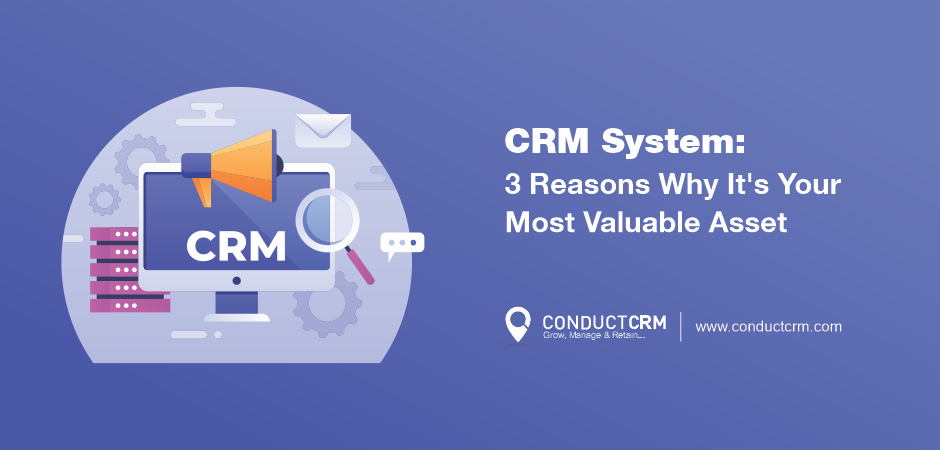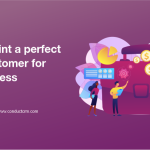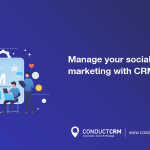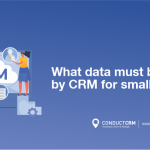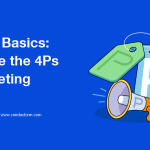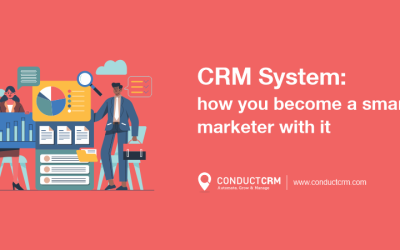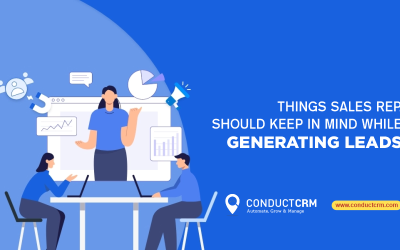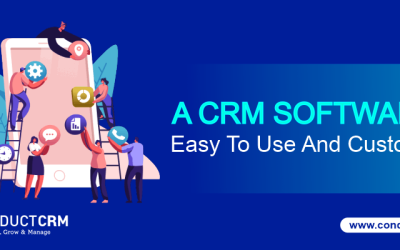CRM System: 3 Reasons Why It’s Your Most Valuable Asset
What Exactly is a CRM System?
A CRM System is also known as customer relationship management. A CRM system is a technology solution that enables businesses to manage their interactions and relationships with current and potential customers. It is a central database that stores all customer-related data, such as contact information, purchase history, communication history, and preferences, in a single place.
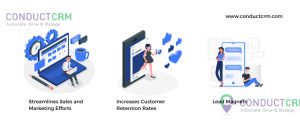 CRM system provide businesses with a 360-degree view of their customers, allowing them to better understand their needs and behaviours. This information can be used to improve customer engagement and retention, drive sales, and enhance customer satisfaction.
CRM system provide businesses with a 360-degree view of their customers, allowing them to better understand their needs and behaviours. This information can be used to improve customer engagement and retention, drive sales, and enhance customer satisfaction.
CRM system typically offer a range of features, including sales management, marketing automation, customer service, and analytics. They can be customized to meet the specific needs of a business and can integrate with other software applications such as email, social media, and e-commerce platforms.
Overall, a CRM system helps businesses to streamline their operations, improve customer interactions, and ultimately grow their business.
If you are not using a CRM System some possibilities may occur that are as follows:
1) If you don’t have customer relationship management(CRM), chances are you won’t realize how much time your team spends performing repetitive, tedious tasks.
2) Your business will be stagnant and underwhelming if you don’t have a CRM system in place.
3) Due to the lack of a CRM system, team coordination will suffer, as members and especially departments will have difficulty interacting and communicating.
4) A lot of money-making opportunities can be lost when sales leads are not followed up systematically.
5) Without CRM software, It is difficult to gauge the productivity of your team and the success of your business. CRM system provides a high-level and on-the-ground view of team performance.
6) Without a good monitoring system, you won’t be able to detect potential problems.
7) You won’t be able to track each department without a proper CRM system and it leads to department clashes.
8) Your ROI(Return of Investment) can’t be measured without one.
Now let’s understand the 3 main pillars of the CRM system.
What are the three pillars of a CRM System?
Operational CRM
This pillar focuses on improving customer-facing business processes such as sales automation, marketing automation, and service automation.
Operational CRM helps businesses to streamline and automate their day-to-day interactions with customers, ensuring that customer requests and inquiries are handled efficiently and effectively.
Analytical CRM
This pillar focuses on using customer data to gain insights into customer behaviour, preferences, and needs. Analytical CRM involves analyzing customer data to identify patterns and trends, which can be used to make informed business decisions and tailor marketing and sales strategies to specific customer segments.
Collaborative CRM
This pillar focuses on facilitating collaboration and communication between different departments and teams within an organization, as well as with customers and partners.
It ensures that everyone in the organization has access to the same customer data and can work together to provide a seamless and personalized customer experience.
The following are the reasons why the CRM System is the most valuable asset to your business.
Streamlines Sales and Marketing Efforts
One of the most significant benefits of a CRM system is that it streamlines sales and marketing efforts. A CRM system allows businesses to store customer and prospect data in one central location, making it easier to manage and analyze customer interactions.
With a CRM system, businesses can track customer interactions, including email campaigns, phone calls, social media interactions, and website visits. This data can help businesses identify sales opportunities and tailor their marketing efforts to specific customer needs and preferences.
For example, if a business notices that a customer has repeatedly visited a specific product page on their website, they can use this information to send targeted email campaigns or personalized product recommendations. By tailoring their marketing efforts to specific customer needs, businesses can improve customer engagement, increase the likelihood of a sale, and ultimately drive revenue growth.
CRM system identifies the contacts who are already involved with your business and automatically registers new contacts. If your business is related to an e-commerce website you should be using a CRM for lead management. With the CRM it collects sales contacts and leads on email, social media, telephonic conversation, or other means.
Lead generation is one of the most important aspects of your business because it gives you the confidence that your prospective customers are already open to your message. To know the new technologies available in the market please read Top Lead Generation Techniques in 2023.
Increases Customer Retention Rates
Another significant benefit of a CRM system is that it can increase customer retention rates. Customer retention is critical for businesses, as acquiring new customers can be much more expensive than retaining existing ones. A CRM system can help businesses identify customers who may be at risk of leaving and take proactive steps to retain them.
For example, a CRM system can track customer interactions and identify customers who have not made a purchase in a while. Businesses can then use this information to send targeted marketing campaigns, such as special offers or product recommendations, to encourage these customers to make a purchase. By identifying and targeting customers who are at risk of leaving, businesses can improve customer retention rates and ultimately drive revenue growth.
How CRM Helps in Customer Retention
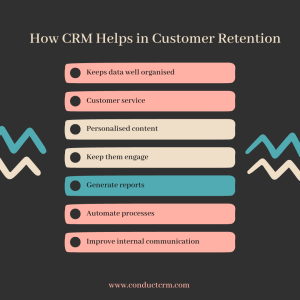 Keeps data well organized
Keeps data well organized- Customer service
- Personalized content
- Keep them engage
- Generate reports
- Automate processes
- Improve internal communication
An increase of 5% in customers can result in an increase of 95% in sales. Repeat sales to existing customers produce such a large increase in profitability.
Drives Revenue Growth and Reduces the Production Cost
Perhaps the most significant benefit of a CRM system is that it can drive revenue growth. By streamlining sales and marketing efforts and increasing customer retention rates, businesses can generate more revenue from existing customers and acquire new customers more efficiently. A CRM system can also provide businesses with valuable insights into customer behaviour, allowing them to identify sales opportunities and optimize their sales and marketing efforts.
For example, a CRM system can help businesses identify the most profitable customers and focus their sales and marketing efforts on acquiring more customers like them. By targeting the most profitable customers, businesses can increase revenue and profitability.
At the same time, CRM software delivers powerful analytics and accounting tool that allow you to manage your manufactured or in-stock goods. CRM system helps you to take into account each unit of goods, also interim reports and analyze which goods are sold better than others.
Using this information, you can optimize your production and invest profits into creating the products that customers want.
Conclusion
A CRM System is a critical asset for businesses looking to streamline their sales and marketing efforts, increase customer retention rates, and drive revenue growth. CRM systems do more than help in understanding customer profiles; they help in creating a comprehensive database as well.
This tool helps you manage multiple prospects and expand your business by providing you with data at the touch of a button. It allows you to monitor your marketing campaign and activities at all times and create notes for each lead generation by your salespeople.
Additionally, a CRM system can help businesses identify customers who are at risk of leaving and take proactive steps to retain them. By leveraging the power of a CRM system, businesses can generate more revenue from existing customers and acquire new customers more efficiently, ultimately driving revenue growth and improving their bottom line.
